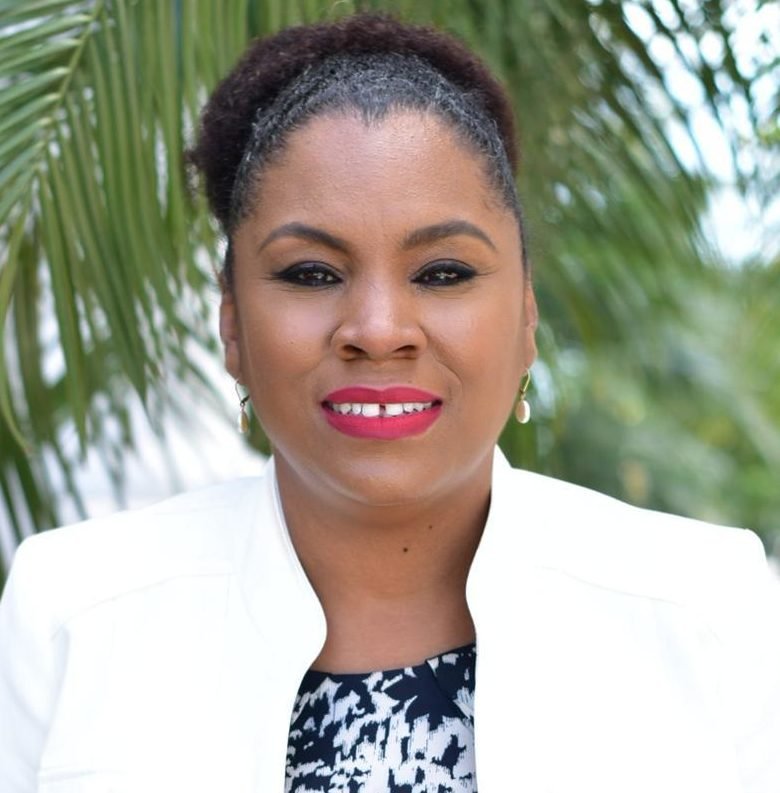CPSA and BNU recommend incremental adjustments over trial period
NASSAU, BAHAMAS — The Consultant Physicians Staff Association (CPSA) and Bahamas Nurses Union (BNU) yesterday recommended the government incrementally ease COVID-19 protocols with a trial period to determine the impact, suggesting an outright relaxation of the restrictions could “open the floodgates”.
Health experts confirmed a sustained downward trend of cases just over a week ago.
According to the most recent assessments, the curve of the fourth wave has been flattened, though behaviors and adherence to protocols is directly linked.
Last week, Minister of Health and Wellness Dr Michael Darville suggested the government will begin to further relax COVID-19 restriction in The Bahamas if cases continued to trend downward and hospitalizations improved.
In an interview with Eyewitness News, CPSA President Sabriquet Pinder said while she understands the argument to ease restrictions based on the low cases of late and the additional pressure from some groups, incremental adjustments and testing is “a safer approach”.

“My thought would be to do it incrementally because when we open up the floodgates all at once, we enter problems,” Pinder said.
“And because we have shortfalls, although they’ve attempted to bridge them in some instances, like with the additional nurses, it still doesn’t fill the deficit.
“We still have challenges with other staff and that sort of thing.
“And we’re also now having a challenge with other disease burdens that need to be treated.
“So, I always think it’s better to do things in an incremental way to see how it works.
“If you do it that way we can retreat and you haven’t open the gap so widely that it causes a dramatic or any sort of catastrophic event.”
In numerous other jurisdictions where cases have improved, restrictions have been eased.
While restrictions associated with the state of emergency fell away last November, including curfews, other restrictions remain.
Social gatherings, for example, have been capped to 20 people for indoors and 30 people for outdoors, limiting many of the larger social events such as carnival and more recently, the Reggae Valentine concert.

In a separate interview BNU President Amancha Williams said nurses have observed the decrease in hospital admissions, but there is still a need for caution and avoidance of large crowds.
People may have a difficulty and [say] oh, we want to go back; we want to have Junkanoo; we want to open up the clubs where we have everybody just ready to come back. But no, not as yet. I think we should learn from omicron and its behavior — AMANCHA WILLIAMS
She said the allowance on social gatherings outside could be increased to 40 people, but the current restrictions ought to be maintained for another three to six months.
“At the end of the day, we don’t want to trigger [anything],” she said.
“We’re now back to some normalcy right now.
“And I think where we are at right now, we can remain here for at least another three to six months, so we can make sure persons understand what is happening and the severity of these virus that we see.
“At this point in time, I don’t think we should lift up.”
She continued: “People may have a difficulty and [say] oh, we want to go back; we want to have Junkanoo; we want to open up the clubs where we have everybody just ready to come back. But no, not as yet. I think we should learn from omicron and its behavior — the variants.”

Coronavirus cases have trended downward since last month.
As have hospitalizations, from more than 140 cases in mid-January to 45 on Monday.
The Bahamas recorded 19 infections on Monday.
This time last month, the country recorded 346 infections in a single day.
At the Office of the Prime Minister press briefing last Friday, Press Secretary Clint Watson said health experts were expected to meet this week to discuss the epidemiology and the easing of restrictions, though he could not provide specifics.
Bahamas Christian Council President Bishop Delton Fernander said he expected the Ministry of Health to relax restrictions on churches — namely the 25 percent seating capacity of a church — this week.






